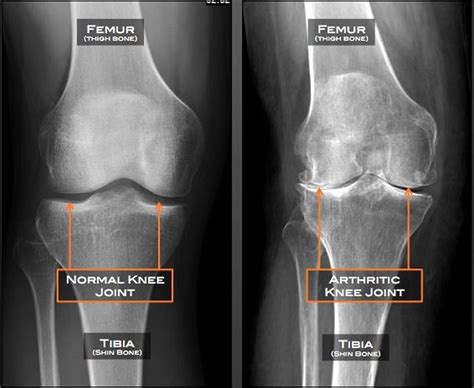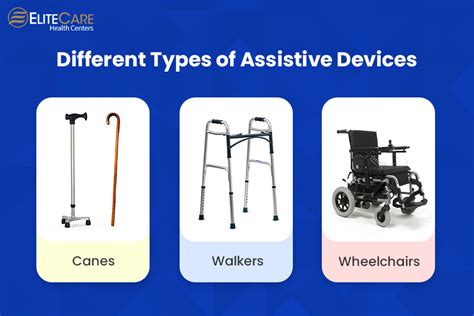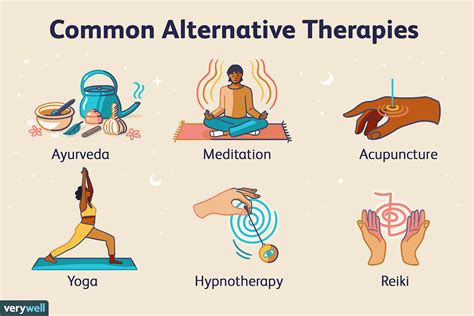Intro
Relieve arthritic knee pain with 7 proven methods, including exercises, lifestyle changes, and natural remedies, to reduce inflammation and improve joint mobility, easing osteoarthritis symptoms.
Arthritic knees can be a real challenge for many people, causing pain, stiffness, and limited mobility. As we age, the wear and tear on our joints can lead to arthritis, a condition that affects millions of people worldwide. However, there are many ways to manage the symptoms of arthritic knees and improve overall quality of life. In this article, we will explore seven ways to ease arthritic knees, from simple lifestyle changes to more advanced medical treatments.
Living with arthritic knees can be frustrating and debilitating, making everyday activities like walking, climbing stairs, or even standing for long periods a chore. But with the right approach, it is possible to reduce pain and inflammation, improve joint function, and enhance overall well-being. By understanding the causes of arthritic knees and the various treatment options available, individuals can take control of their condition and make informed decisions about their care.
Arthritic knees are a common problem that can affect anyone, regardless of age or background. While there is no cure for arthritis, there are many effective ways to manage the symptoms and slow down the progression of the disease. From maintaining a healthy weight and exercising regularly to using assistive devices and seeking medical treatment, there are many strategies that can help alleviate the pain and discomfort of arthritic knees. By adopting a proactive approach and working with healthcare professionals, individuals can find relief from their symptoms and improve their overall quality of life.
Understanding Arthritic Knees

Causes of Arthritic Knees
The causes of arthritic knees are complex and multifaceted. While age is a significant risk factor, other factors such as genetics, obesity, and previous injuries can also contribute to the development of arthritis. Additionally, certain medical conditions like diabetes and gout can increase the risk of developing arthritic knees.Lifestyle Changes for Arthritic Knees

Benefits of Exercise
Exercise is essential for managing arthritic knees. Regular physical activity can help reduce pain and inflammation, improve joint function, and enhance overall well-being. Low-impact exercises like walking, swimming, and cycling are ideal for individuals with arthritic knees, as they are easy on the joints and can be modified to suit different fitness levels.Medical Treatments for Arthritic Knees

Medications for Arthritic Knees
Medications are often used to manage the symptoms of arthritic knees. These can include pain relievers, anti-inflammatory medications, and disease-modifying antirheumatic drugs (DMARDs). By reducing pain and inflammation, medications can help individuals with arthritic knees maintain their mobility and independence.Assistive Devices for Arthritic Knees

Benefits of Assistive Devices
Assistive devices can provide several benefits for individuals with arthritic knees. These can include reduced pain and discomfort, improved mobility, and enhanced overall well-being. By using assistive devices, individuals can maintain their independence and participate in activities they enjoy.Dietary Changes for Arthritic Knees

Anti-Inflammatory Foods
Certain foods have anti-inflammatory properties that may help alleviate the symptoms of arthritic knees. These can include turmeric, ginger, and fatty fish like salmon and sardines. By incorporating these foods into their diet, individuals can reduce inflammation and improve their overall health.Alternative Therapies for Arthritic Knees

Benefits of Alternative Therapies
Alternative therapies can provide several benefits for individuals with arthritic knees. These can include reduced pain and discomfort, improved mobility, and enhanced overall well-being. By incorporating alternative therapies into their treatment plan, individuals can find relief from their symptoms and improve their quality of life.Conclusion and Next Steps

We invite you to share your experiences and tips for managing arthritic knees in the comments below. By sharing your story, you can help others who are struggling with this condition and provide valuable insights and advice. Additionally, if you have any questions or concerns about arthritic knees, please don't hesitate to reach out to us. We are here to provide you with the information and support you need to manage your condition and improve your overall health and well-being.
What are the symptoms of arthritic knees?
+The symptoms of arthritic knees can include pain, stiffness, and limited mobility. Individuals may experience difficulty walking, climbing stairs, or standing for long periods.
How can I manage arthritic knees?
+Managing arthritic knees requires a comprehensive approach that incorporates lifestyle changes, medical treatments, assistive devices, dietary changes, and alternative therapies. By working with healthcare professionals and taking a proactive approach, individuals can find relief from their symptoms and improve their overall quality of life.
What are the benefits of exercise for arthritic knees?
+Exercise can help reduce pain and inflammation, improve joint function, and enhance overall well-being. Low-impact exercises like walking, swimming, and cycling are ideal for individuals with arthritic knees, as they are easy on the joints and can be modified to suit different fitness levels.
Can dietary changes help alleviate symptoms of arthritic knees?
+Yes, dietary changes can help alleviate symptoms of arthritic knees. A healthy diet rich in fruits, vegetables, and whole grains can help reduce inflammation and improve overall health. Additionally, certain foods like turmeric and ginger have anti-inflammatory properties that may help alleviate symptoms.
What are the benefits of alternative therapies for arthritic knees?
+Alternative therapies like acupuncture, massage, and yoga can help reduce pain and inflammation, improve mobility, and enhance overall well-being. By incorporating alternative therapies into their treatment plan, individuals can find relief from their symptoms and improve their quality of life.
